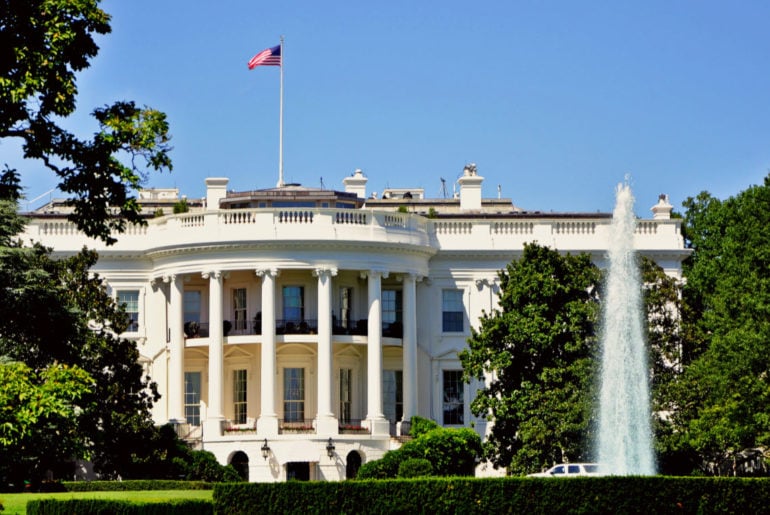Brian Whisler and Aleesha Fowler have co-authored a chapter in The Complete Compliance and Ethics Manual 2022.
On 18 January 2022, the Department of Justice and Federal Trade Commission announced a joint public inquiry seeking comments on ways to “modernize” the federal merger guidelines and “strengthen merger enforcement.” The press release calls for public comments on a range of topics and highlights the agencies’ joint view that many industries across the economy are becoming more concentrated and “less competitive.” In their statements, both DOJ Assistant Attorney General for the Antitrust Division, Jonathan Kanter, and FTC Chair, Lina M. Khan, announced an intention to “overhaul” the 2010 Horizontal Merger Guidelines and conduct a broad-based review of the 2020 Vertical Merger Guidelines.
Baker McKenzie is pleased to launch the fourth in our Biden Supply Chain Policy video series focused on the critical minerals and strategic materials supply chain, which is another of the critical supply chains that has been a particular focus of the Biden Administration. This supply chain includes lithium, cobalt and other rare earths and minerals that are the building blocks of products used every day. The Biden Administration has been pursuing policies aimed at diversifying this supply chain, such as through on-shoring or near-shoring refining capacity.
Following our first two short videos on key trends (see here) and the semiconductor supply chain (see here), Baker McKenzie is pleased to launch the third in our Biden Supply Chain Policy video series focused on the large-capacity batteries supply chain. This is another of the critical supply chains that has been a particular focus of the Biden Administration’s supply chain policies.
On February 3, 2022, the Commerce Department’s Bureau of Industry and Security (“BIS”) published a final rule reorganizing, clarifying, and correcting the traditional and Entity List foreign-direct product rules (“FDP Rules”) in the Export Administration Regulations (“EAR”). This rule does not change the substantive scope of the FDP Rules, but provides certain helpful clarifications. We previously blogged about the FDP Rules here.
On 9 February 2022, the Securities and Exchange Commission voted 3-1, with Commissioner Peirce, the lone remaining Republican appointee opposed, to propose new rules under the Investment Advisers Act of 1940 and the Investment Company Act of 1940 related to cybersecurity risk management, reporting of breach events, and recordkeeping for registered investment advisers and investment funds.
US Senate Democrats, with support from the White House, have introduced the Defending Ukraine Sovereignty Act of 2022. This bill seeks to deter a Russian “escalation” of hostilities in or against Ukraine through the threat of imposing sanctions against Russian officials and companies, as well as individuals and entities involved in the Nord Stream 2 pipeline.
The US Treasury Department’s Office of Foreign Assets Control issued a final rule amending and reissuing the Transnational Criminal Organizations Sanctions Regulations, to further implement two existing Executive Orders related to transnational criminal organizations: “Blocking Property of Transnational Criminal Organizations,” and “Taking Additional Steps to Address the National Emergency With Respect to Significant Transnational Criminal Organizations.”
Baker McKenzie is pleased to launch the second in our Biden Supply Chain Policy video series focused on the semiconductor and advanced packaging supply chain. This is one of four critical supply chains that has been a particular focus of the Biden Administration’s supply chain policies. In this video, Baker McKenzie associates discuss the legal and compliance considerations for companies operating in this sector with a specific focus on tax, trade and foreign investment review implications.
Californians recently voted to create the California Privacy Protection Agency and pass sweeping changes to the California Consumer Privacy Act of 2018 through the California Privacy Rights Act. The California Attorney General’s Office has been actively enforcing the CCPA since July 2020 and will continue to have enforcement powers alongside the California Privacy Protection Agency under the amended CCPA. Meanwhile, the California Privacy Protection Agency will update the existing CCPA regulations and adopt new ones.



